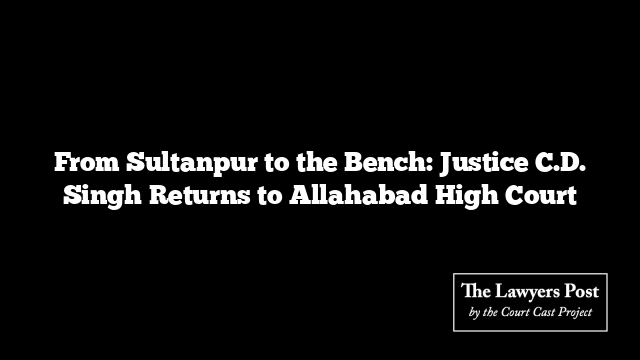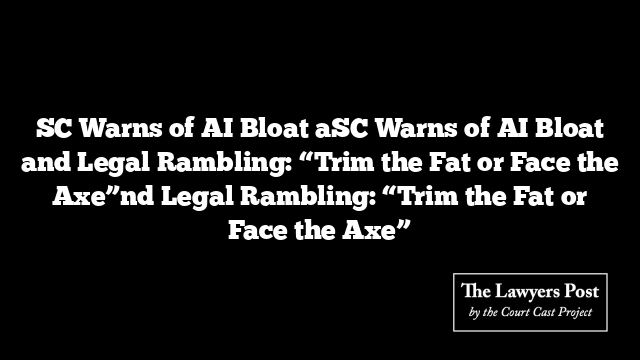In a significant judgment, the Supreme Court has declared that a corruption case under the Prevention of Corruption Act, 1988, can move forward without a preliminary inquiry—so long as the FIR is based on a well-documented source report submitted to a senior officer.
The bench, consisting of Justices Sudhanshu Dhulia and K Vinod Chandran, was weighing in on the State of Karnataka’s challenge to a High Court ruling. The High Court had tossed out a corruption case solely because there was no preliminary inquiry before the FIR was filed against a public servant. That, the top court ruled, was a mistake.
The Supreme Court clarified that while a preliminary probe might be desirable, it’s not a dealbreaker. “In corruption matters, a preliminary enquiry, although desirable, is not mandatory,” the court stated. If the Superintendent of Police has a solid source report detailing a cognizable offense, that alone can greenlight the FIR.
The state leaned on a recent ruling—State of Karnataka v. T.N. Sudhakar Reddy—to argue that the source report already laid the groundwork. The court agreed, siding with the view that a separate preliminary probe becomes redundant when the source material is thorough and substantiated.
Justice Dhulia, writing for the bench, noted that the SP had acted appropriately in ordering the FIR based on the material provided. “It is clear that a preliminary enquiry was not mandated in this case,” the bench remarked, emphasizing that the SP’s order wasn’t made in a vacuum but on the basis of substantial material.
The judgment also shut the door on any claim that the accused had a right to be heard before an FIR was filed. Referencing CBI v. Thommandru Hannah Vijayalakshmi, the court reiterated that a public servant facing corruption allegations has no legal entitlement to explain their side before the registration of an FIR. In other words—no heads-up needed.
With that, the appeal was allowed, and the High Court’s ruling was swept aside.





